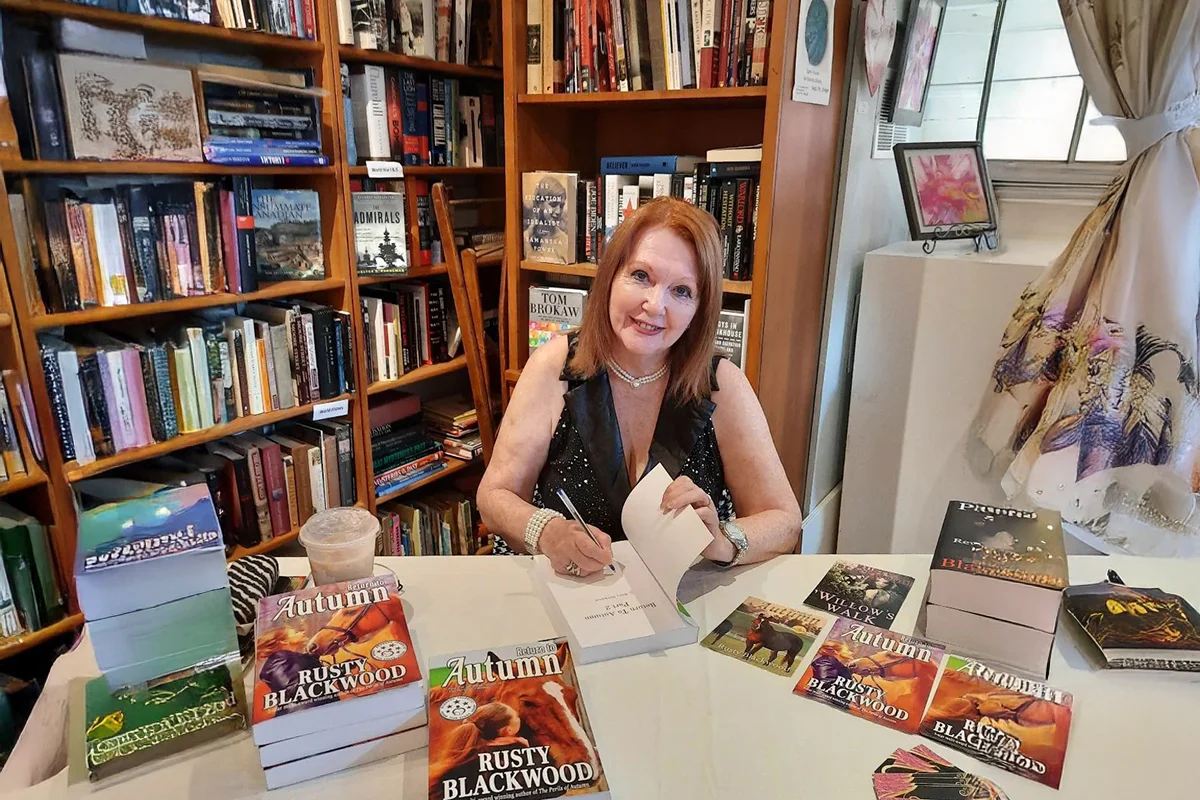PHOTO: Paul J. Jackson, acclaimed author of Retribution, brings psychological horror to life with vivid imagination and a passion for suspenseful storytelling.
Crafting Chilling Narratives Filled With Grief, Vengeance, And Psychological Depth
Paul J Jackson discusses his writing journey, inspirations, and craft, revealing how grief, realism, and personal experience shape his suspenseful horror tales and unforgettable characters across flash fiction and novellas.
Paul J Jackson’s name has become synonymous with spine-tingling suspense, layered psychological drama, and horror that lingers long after the final page. Born in the West Midlands on a leap year’s day, Jackson’s journey from humble beginnings to becoming a celebrated independent author is as gripping as his plots. His evolution as a writer—sparked by a short stint of illness and later reignited by his family’s encouragement—reflects a deep well of resilience, creativity, and passion.
Jackson’s stories tap into the darker currents of human emotion, from grief and guilt to vengeance and fear. His standout novella, Retribution: The Birth of a Horrifying Urban Legend, captures readers with its supernatural premise and taut narrative, earning a coveted five-star review and gold award from Literary Titan. The story began as a short piece inspired by an ancient yew tree in a cemetery. Its sinister conclusion spurred Jackson to expand the concept into a full-length work. The novella includes the original short story to give readers richer insight into the origins of the vengeful creature at the center of the tale.
Paul J. Jackson is a visionary horror writer whose gripping plots and emotional depth leave readers enthralled and eager for more.
In addition to horror novellas, Jackson excels at flash fiction. His anthology A Pound of Flash contains fifty complete stories, each told in under 1,000 words. The challenge of compressing compelling narratives into tight word counts hasn’t diminished his signature suspense. In fact, Jackson likens the experience to a literary workout—distilling plots into their most potent form while preserving structure and impact. The cover, cleverly created using steak and bloody livers, is a cheeky nod to the book’s visceral contents.
Plot twists are one of Jackson’s trademarks. In Weekend Escape, a story about a planned murder in the woods, nothing goes as expected. His goal, he explains, is to keep readers guessing without tipping his hand too early. “The best plot twists are the ones you don’t see coming,” he says. He aims to layer tension incrementally, keeping the narrative gripping even when a major twist hasn’t yet unfolded.
Carbon Copy, another of his notable works, follows a wrongfully accused inmate’s journey to vengeance. To craft psychologically authentic characters, Jackson often draws from real-life fears and experiences—his own and those of people close to him. Whether it’s claustrophobia or the fear of death, he believes that grounding horror in recognisable emotions makes the terror more impactful.
Jackson masterfully blends psychological and supernatural horror, as seen in The Séance, where a demonic entity targets an unborn child. His approach involves balancing vivid depictions of the supernatural with the emotional and mental turmoil of the characters affected. “A good description of the supernatural threat, paired with the internal thoughts of those involved, gives the reader a fuller picture,” he says.
In The Leonids, Jackson weaves historical realism into his fiction by incorporating the meteor storm of 1833, creating an eerie and atmospheric tale rooted in an actual celestial event. His fascination with the stars began in childhood, stargazing during nighttime walks with his father. That personal connection adds a layer of authenticity to the story, which is grounded in 19th-century details, from oil lamps to flintlock pistols.
Perhaps one of Jackson’s proudest accomplishments is Fictional Reality, an anthology born from a writing competition he organized through his website, PulpFictional.com. What began as a platform to showcase new voices soon attracted global participation. To honor the quality of submissions, Jackson approached legendary horror author Shaun Hutson to serve as a guest judge. To Jackson’s surprise and delight, Hutson agreed—reviewing entries, contributing two original stories to the anthology, and later endorsing Jackson’s own work.
Despite shelving the contest site due to time constraints, Jackson remains proud of what the community achieved with Fictional Reality, which he edited and contributed to personally. He calls it “the best writing competition anthology out there today.”
When asked what advice he would give to aspiring horror and thriller writers, Jackson emphasizes believability. “Keep your characters real,” he says. “Imagine how you would react in the situations you’re creating. Realistic behavior and dialogue—even in the most far-fetched scenarios—help the reader suspend disbelief and become immersed in your world.”
Paul J Jackson’s body of work continues to grow, captivating audiences with its depth, imagination, and chilling authenticity. Whether through short fiction, supernatural novellas, or full-length thrillers, he remains a powerful force in the world of indie horror.
This article was adapted from an interview with Paul J. Jackson in the latest issue of Reader’s House.











